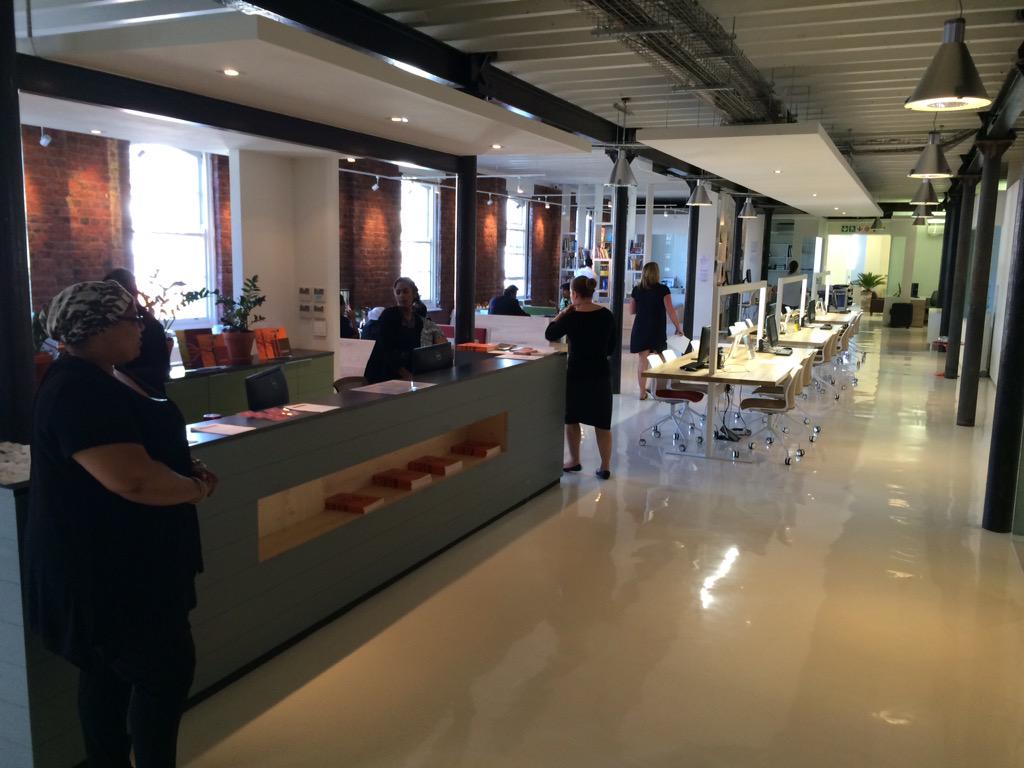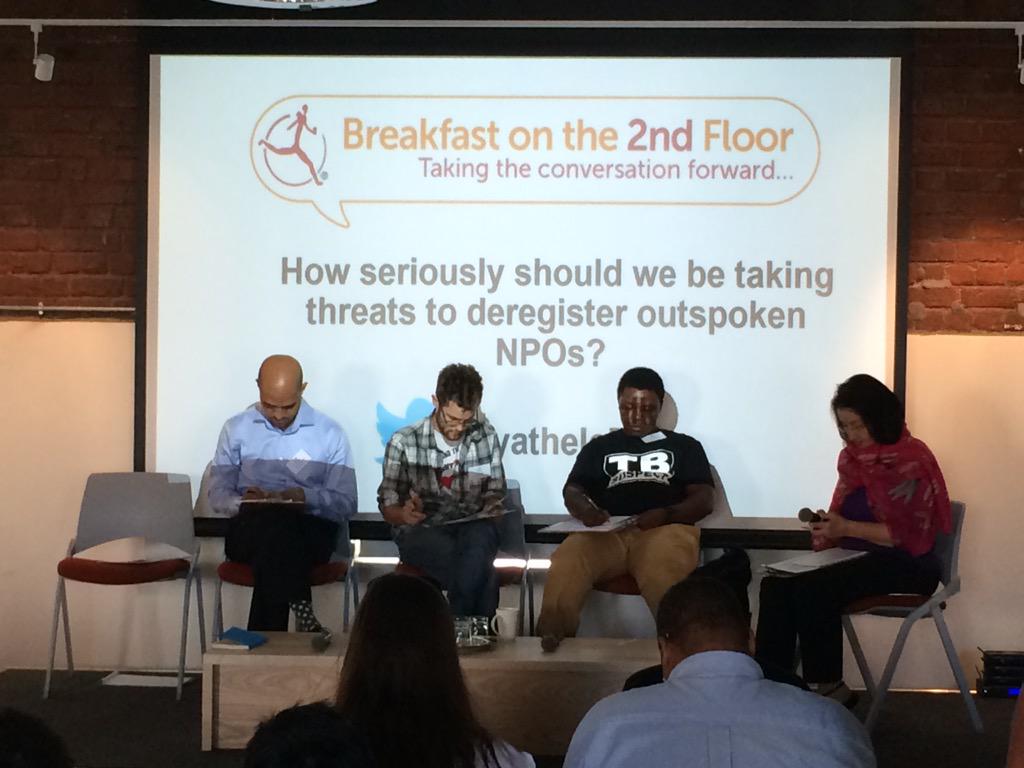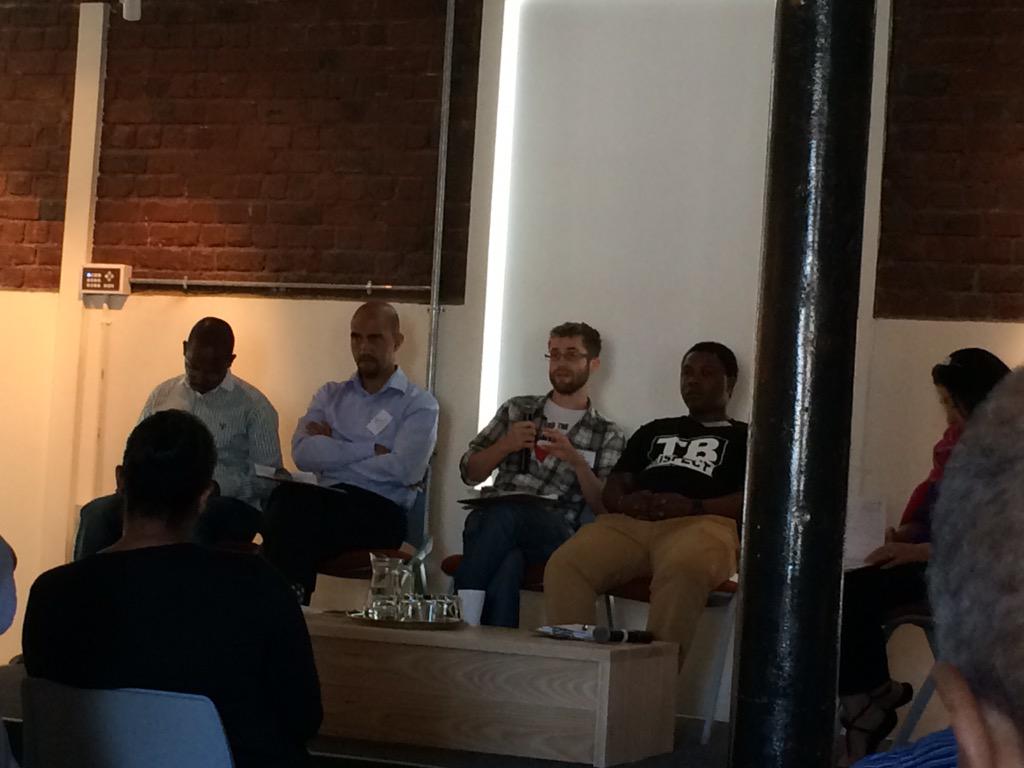Rhodes Statue: 1934 – 2015

Rewind back to the 9th of March 2015. It’s a gorgeous summers day cooled down by Cape Town’s quiet breeze. But something seems off. As students commuting around the UCT campus begin to notice, a fetid odor lingers. This is due to Chumani Maxwele, an outraged UCT student who decided to throw faeces at “Rhodes,[an] Exhibit [of] White Arrogance”. One thing is clear from the events that transpired: it stuck.
The statue of Cecil John Rhodes perches over an ex quisite Cape Town deep in thought. It serves as a reminder of his “benevolent financial contributions” to UCT. This “benevolence” is at odds with many of Rhodes’s actions. A slaver trader and brazen colonialist, many feel that Rhodes is a figure of white supremacy and imperialism. “By throwing it on the statue we are throwing our shame to whites’ affluence,” Chumani insists. He and his fellow students hoped to call in to question why a man with such a tainted legacy is the most prominent feature of what was meant to be a equitable university.

“Rhodes Must Fall. Out of His Dust, May UCT Rise.”- Max Price, UCT Vice Chancellor
Almost immediately that fateful afternoon on March 9th, the Student Representative Council organized and mobilized the #RhodesMustFall movement at remarkable pace. Mass meetings were held regularly on campus, protested ensued across the campus and, towards the most recent stages of the campaign, students began occupying the university’s administrative wing (Brenmnar Building). Their efforts all a part of a larger mission to “Transform UCT” into a more inclusive university, rather than merely displace a statue.

“Transformation” is a tricky term. To some it symbolizes the shift towards a more diverse community, but to others it is a tired game of semantics the protestors are utilizing instead of pursuing real progress. To some this is a history that we need to “move on” from rather than constantly revert back to. It would be foolish, however, to not acknowledge that in some form students are constantly confronted with the remnants of an Apartheid legacy. Whether or not one agrees removing the statue is the best course of action, this is a hard truth that these discussions have brought to light.

Chumani’s actions gave birth to the discussion about race and other marginalization in Africa’s highest ranked institution. It was an emotional process that sparked one of the most pertinent dialogues about redressing South Africa’s past. The concept of “Intersectionality” has been at the core of these discussions. This was never about one statue, or one raced being marginalized – a deep desire to address all the fundamental prejudices in UCT has underscored these demonstrations. One cannot confront white privilege without confronting the same mentality that is the center of male privilege. This became evident in the overwhelming support received from the LGBTQIA+ collectives, Feminist Groups, and the international community.
So, “Rhodes Has Fallen” the headlines have told you – what matters though is finding all the invisible Rhodes statues and putting up just as good a fight. We need to be able to collectively uproot the structures that oppress minorities, and promote an inclusive South Africa (or as we at Ripple like to say, be active change-makers) . At the very least, let’s get rid of that awful smell.




